THEY are the barbaric militants butchering innocent civilians on a massive scale and the US didn’t want to go near them.
But now the United States is taking action against these ISIS-inspired terrorists.
Boko Haram made global headlines when more than 200 girls were kidnapped from their school in Chibok.
Eighteen months on from the kidnappings and the conflict is still raging in north east Nigeria, tearing apart families and communities. With the militants now operating in neighbouring Chad and Cameroon the US has joined the fight.
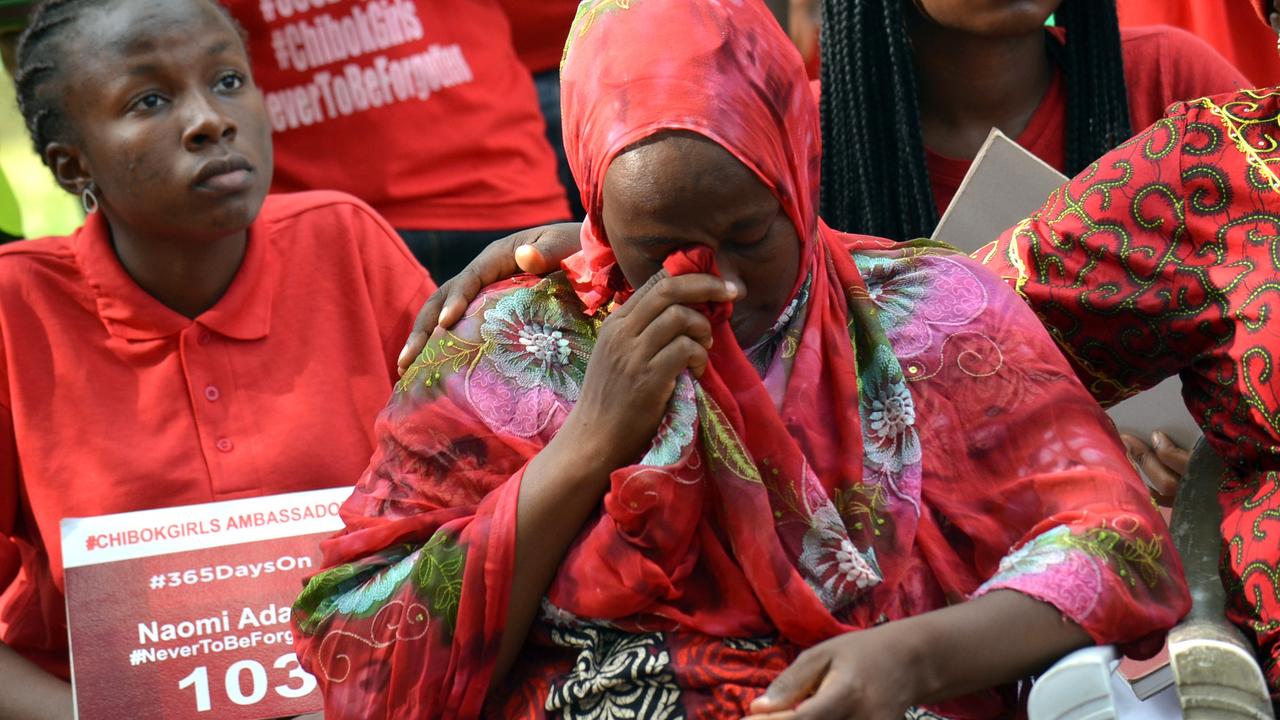
President Barack Obama has announced he will deploy up to 300 military personnel to Cameroon for intelligence, surveillance and reconnaissance operations against the militant group. But the White House stressed that personnel would not take part in combat operations and would be armed only for self-defence.
So just who are Boko Haram?
The beginnings of Boko Haram
The militant group whose name translates roughly to ‘Western learning is forbidden’ emerged about 13 years ago in north east Nigeria under the leadership of the fundamentalist preacher Mohammed Yusuf.
Dr David Mickler, a lecturer in foreign policy and international relations at the University of Western Australia, has been following the group closely.
He said the conflict arose because Yusuf believed “they [the government] were unfaithful to Islam and had corrupted the ways of the Nigerian people.”
The extent to which the group had links to al-Qaeda in those early stages is not entirely clear however Dr Mickler said there is evidence to suggest that there was cooperation, including some initial funding by Osama bin Laden.
Yusuf wanted Sharia law to be followed throughout the country. He tried to achieve this first through preaching but then through violence.
Boko Haram originally promoted, and still does, a version of Islam which makes it forbidden for Muslims to take part in any political or social activity associated with Western society. This includes voting in elections, wearing shirts and trousers or receiving a secular education.
In 2009 Yusuf staged a failed uprising against the government but was captured by police and killed in custody.
After his death Yusuf’s former deputy Abubakar Shekau took over the leadership of Boko Haram and continued the campaign on a much more violent scale.
In August 2014 Shekau declared a caliphate in areas under Boko Haram’s control and pledged their alliance to ISIS.
“We are in an Islamic caliphate,” Shekau said in a video, flanked by masked fighters and carrying a machine gun.
“We have nothing to do with Nigeria. We don’t believe in this name.”
In another recording attributed to Shekau he said: “We announce our allegiance to the caliph of the Muslims, Ibrahim ibn Awad ibn Ibrahim al-Husseini al-Qurashi,” referring to ISIS leader Abu Bakr al-Baghdadi.”
Who are Boko Haram militants?
The terror group has no shortage of soldiers to carry out their violence and terrorise communities.
But while the leadership may be devout Muslims the ‘foot soldiers’ as Dr Mickler says are far from that.
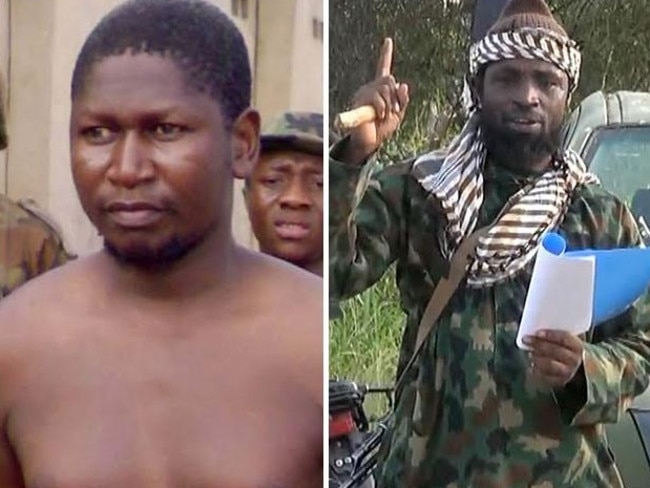
Nigerian police have said when raiding Boko Haram camps they usually find condoms, hard drugs and sex-enhancing drugs and little or no Islamic material. When arrested, police have said most militants can’t even read the Holy Quran.
“A lot of people that are joining this group are poor, uneducated, young, unemployed and don’t have a lot of other prospects,” Dr Mickler said.
This, he said, makes recruiting easier for the Boko Haram hierarchy because they are targeting people with very few prospects.
“The group would seek to indoctrinate these young, poor and uneducated people and promise them certain things both in terms of the religion and in terms of what they would get by joining. Perhaps money, food or the spoils of war,” he said.
The activities that Boko Haram participate in - drinking, violence and the sexual violence against women - go against a lot of Islamic teachings, according to Dr Mickler.
Ade Adeleye who grew up in Nigeria but now lives in London, believes there is a stark contradiction between the ideas preached by the Boko Haram leadership and their practices.
“These idiots use mobile phones, computers, guns and fly by plane. These items are made by Westerners or through Western education,” he said.
With most of his family still in Nigeria, a place he returns to almost every year, he is devastated by the events unfolding.
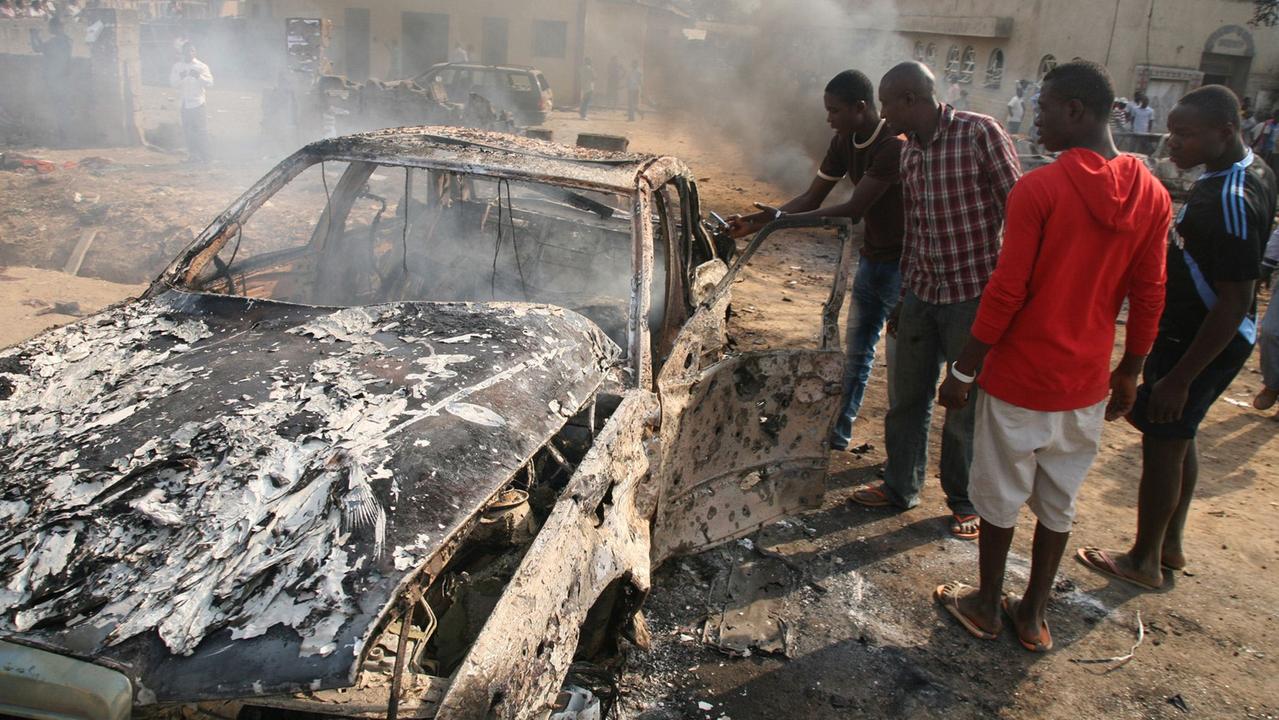
“A lot of people that are joining this group are poor, uneducated, young, unemployed and don’t have a lot of other prospects.
Boko Haram’s ongoing war
While the kidnapping of the Chibok schoolgirls in April 2014 shocked the world, it wasn’t the first time Boko Haram had kidnapped innocent civilians and it certainly wasn’t the last.
While much of the Western media's attention on the group has waned since then, Boko Haram has continued to wage a war in Nigeria using extreme violence.
Amnesty International says so far 20,000 people have been killed during the conflict.
Much of their violence is concentrated in the poverty stricken Northern states with Adamawa, Borno and Yobe all are under a state of emergency due to the conflict. But the group has also successfully crossed over the border into Chad and Cameroon.
“Over the last five years they have certainly increased their level of violence both in terms of the spread of violence and the intensity of violence and the types of targets,” Dr Mickler said.
“They have moved from initially just attacking the Nigerian government or police and military instillations to attacking schools, churches, mosques and ordinary civilians in the street.”
In January 2015 the group staged an attack that Amnesty International called the “deadliest massacre” in the history of Boko Haram.
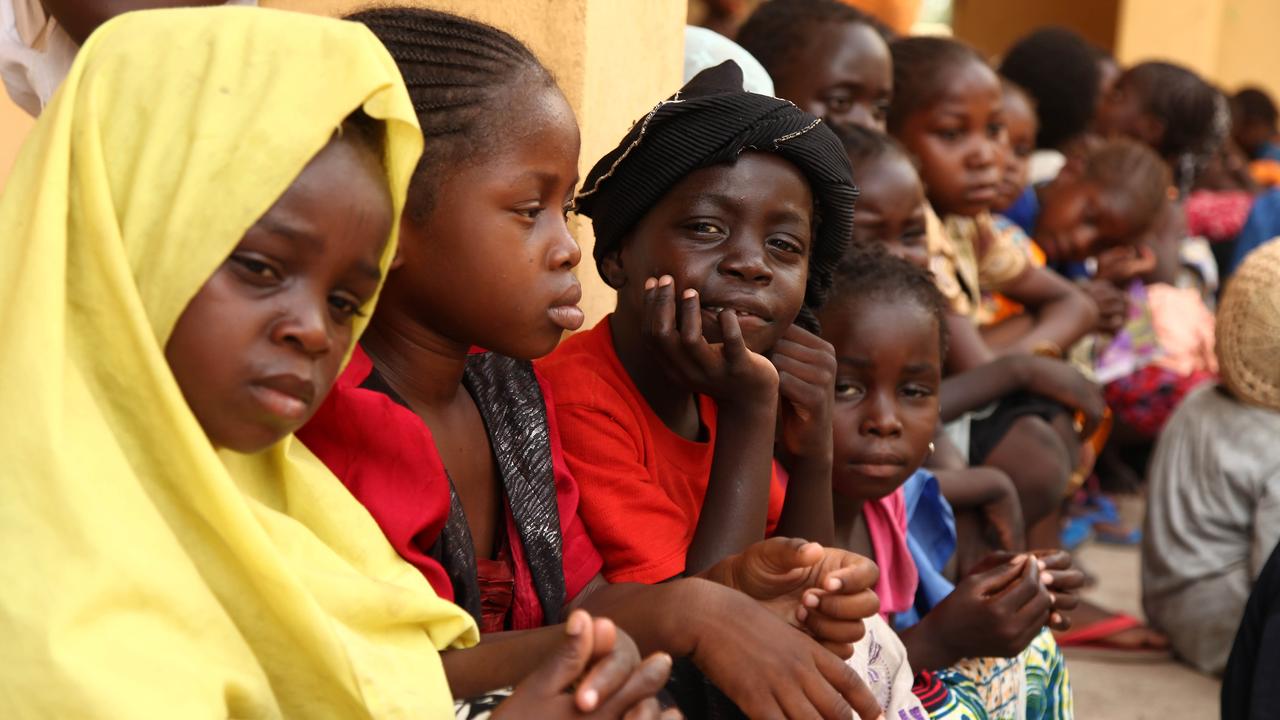
Most of the victims were children, women and elderly people who could not run fast enough when insurgents drove into the town of Baga, on the border with Chad, firing rocket-propelled grenades and assault rifles on residents. When the guns fell silent, hundreds of bodies — too many to count - were left strewn throughout the bush.
In July 2015 Boko Haram conducted their first on-camera beheading, no doubt drawing inspiration from the barbaric beheadings by ISIS.
The video purports to show Islamic extremists repelling an advance by Nigerian troops in Borno State before beheading the captured soldier. An unidentified man reaffirmed the group’s allegiance to ISIS and its leader Abu Bakr al-Baghdadi.
In May, Nigeria elected a new president, Muhammadu Buhari, who vowed to defeat Boko Haram and go after the brutal militants. The previous government led by former president Goodluck Jonathan had come under severe criticism for their lack of action against the group.
In August, with Buhari in charge, the Nigerian army freed more than 170 people who were taken captive by the group.
They rescued 101 children, 67 women and 10 men from the militants’ stronghold of Borno State.
But while Nigeria is making gains against Boko Haram they are not going down without a fight and have only increased their attacks since Buhari came to power.
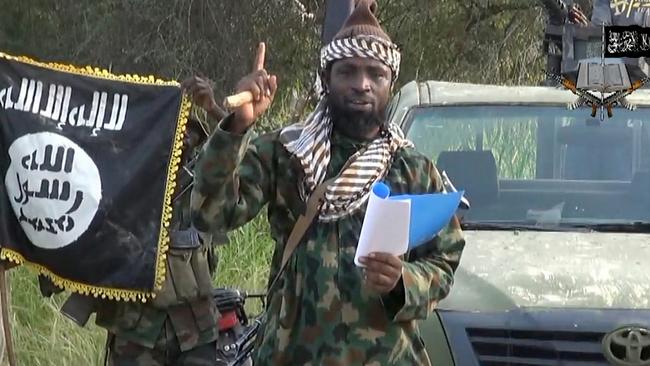
In October 2015 the group attacked Chadian soldiers killing 11 and wounding 13. The militants struck before dawn, launching their assault on the soldiers in Kaiga Ngouboua about two kilometres from the Nigerian border in the area of Lake Chad.
Increasingly the group is also turning to suicide bombings to cause carnage — a tactic likely mimicked from ISIS. They are frequently blamed for using their captives, mainly teens and women to carry out the suicide bombings and there have been reports of girls as young as nine being used. The Associated Press has previously reported that many of the bombs are remotely controlled, meaning the bomber may not even know when the explosives will be detonated.
Also in October Boko Haram suicide bombers, some screaming “god is great” killed at least 40 people in two north-eastern Nigerian states including explosions in two mosques.
In one of the latest suicide bombings more than 45 people were killed in neighbouring Chad and Cameroon. Two girls between the ages of 13 and 17 carried out the suicide bombings in the northern Cameroon village of Kangeleri near Mora town killing at least nine and wounding 29 others, said Cameroon’s Minister of Communications Issa Tchiroma Bakary.
The Cameroon explosions came after five coordinated suicide bombings in neighbouring Chad which killed at least 41 people and wounded some 50 others in a village near Lake Chad that is home to thousands of Nigerians who have fled the extremists’ violence. The government said a man, two women and two children carried out the attacks.
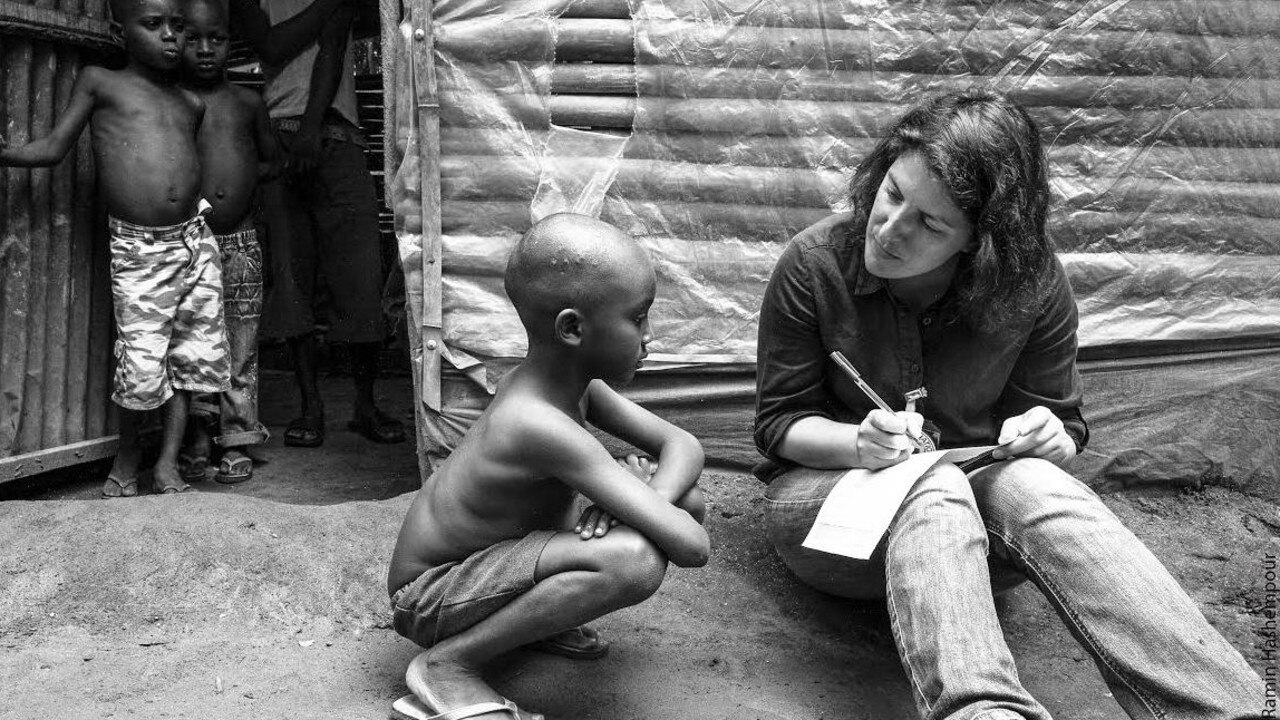
The devastation left behind
Dorsa Nazemi from the International Committee of the Red Cross has seen the aftermath of the violence first hand while working on the ground.
“In the North East, the security remains volatile and the armed conflict is generating increasing humanitarian consequences, many civilians are displaced, killed or wounded,” she explained.
Thousands of children have been orphaned and face a life alone after their families were killed by Boko Haram.
While working in one of the refugee camps Nazemi came across a boy of about 11 or 12. It had been eight long months since he last saw his family, separated in the chaos that comes with war. He finally managed to get hold of a telephone and called his uncle to see where his parents were. They were both dead, killed by Boko Haram. Alone and far from home he was distraught.
“There is nothing really you can say to a child that has lost both parents, especially if they had been separated by conflict,” Nazemi said.
But he’s not alone. He is just one of thousands of displaced children who have lost everything.
For those who have survived, the horror of what they have witnessed will stay with them forever.
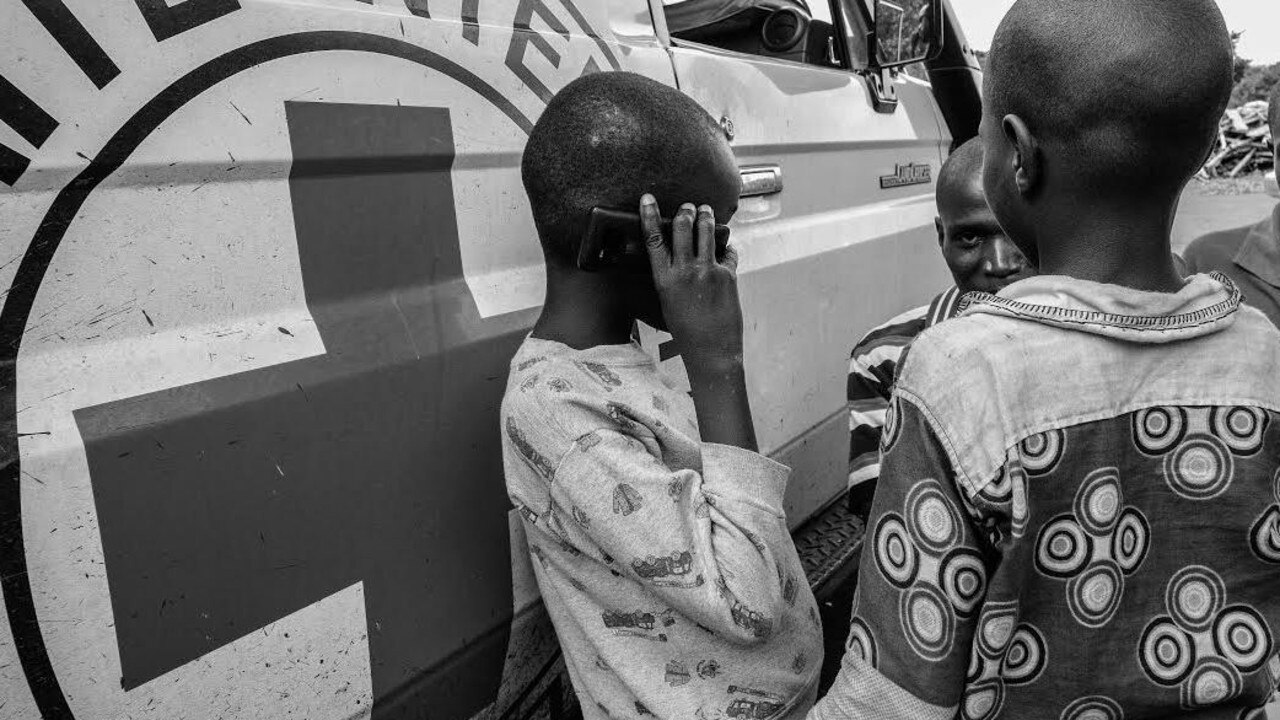
When Boko Haram attacked the village of Askira Uba, near Yola, 12-year-old Suleiman Dauda said he ran into the bushes with neighbours.
“I saw them kill my father, they slaughtered him like a ram. And up until now I don’t know where my mother is,” he told The Associated Press at Daware refugee camp in Yola.
Another survivor of one of Boko Haram’s attacks recalls how they saw the militants shoot dead a woman while she was giving birth.
“Half of the baby boy (was) out and she died like this,” the unnamed witness was quoted as saying.
Nazemi said around 1.5 million people have sought refuge in Maiduguri, the capital of Borno State. Most have lost everything after fleeing to save their lives.
The effect on the economy
Nigeria has long been the shining light of Africa. While other countries have slipped into chaos due to civil war, extreme poverty and poorly led dictatorships, Nigeria’s economy has boomed.
In 2014 the country officially became Africa’s largest economy and multinational corporations such as Nestlé and Heineken have major headquarters there.
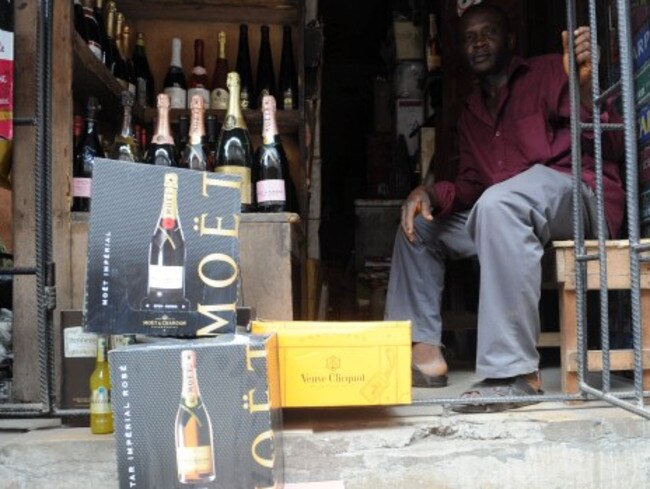
There are around 138 private jets registered in the country according to Bombardier, the world’s leading manufacturer of both planes and trains.
The Nigerian economy is heavily based on the extraction and exportation of oil and gas, but most of this is in the south or offshore.
The commercial capital is Lagos in the south, but wealth is not distributed evenly. Nearly 70 per cent of the population live below the poverty line and while those in the south are prospering those in the north are struggling.
Overall Boko Haram has had little impact on the economy as a whole and the south continues to prosper. There is a wide belief and feeling among residents that the southern region is far removed from the conflict. The militants are however having an effect on local business in the north who are under constant threat from the terrorists.
It has become too dangerous for many people in those regions to continue to work and a large number have fled the violence.
But there is an indirect consequence to the economy due to the Boko Haram insurgency said Dr Mickler.
“Indirectly it has impacted in terms of costs of attention and resources used to combat the group, human resource costs including mass population displacement, and the undermining of potential foreign investment due to the sense of general instability and insecurity,” he said.
What is being done to stop Boko Haram
With President Buhari now ruling the country, action is finally being taken to restore order to Nigeria.
Buhari has set his military commanders a three-month deadline to early November to end the violence.
“It wasn’t until a few months ago that we started seeing a real response from the Nigerian government and its allies,” Dr Mickler said.
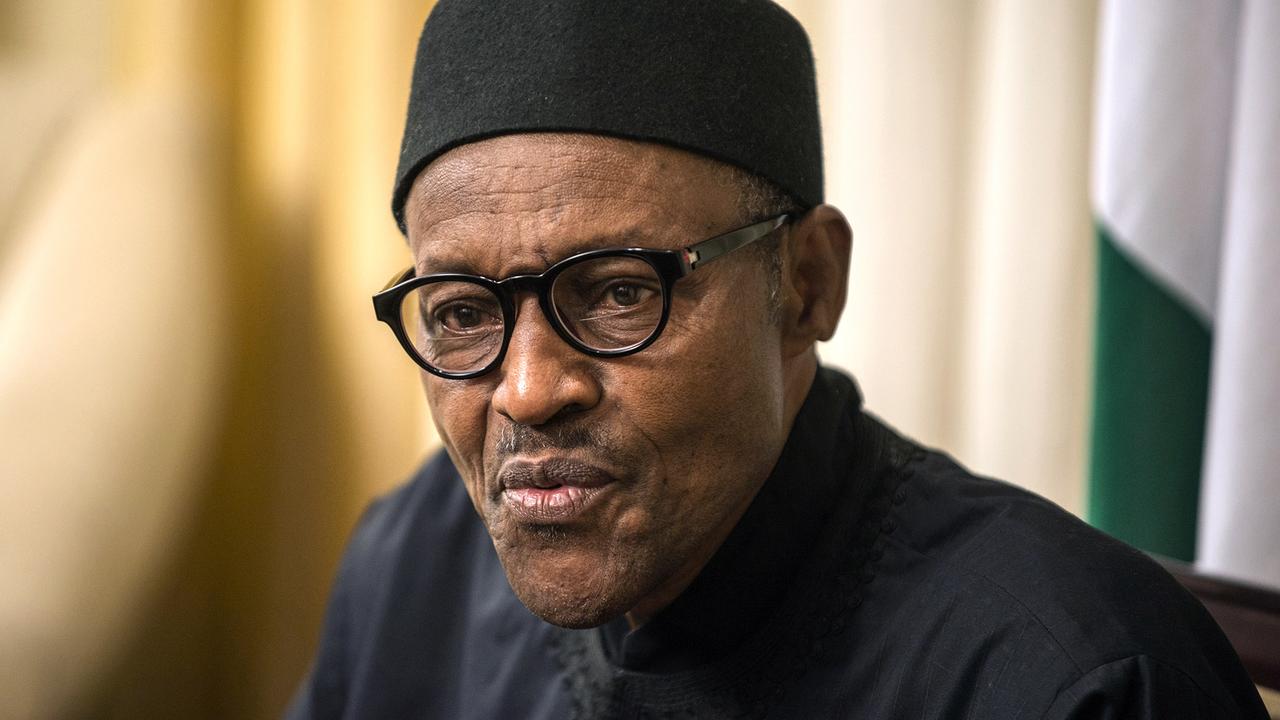
Over the last few months, he said Boko Haram has been significantly pushed back by a coalition of the Nigerian military, the militaries of neighbouring countries who have joined together as well as the use of mercenaries from countries such as South Africa.
And now the US has joined the fight, offering much needed support.
President Barack Obama said 90 personnel had already been deployed, marking a modest but significant escalation of US involvement in the fight against the Islamic State-allied group.
Washington has largely shied away from engaging its vast military assets to combat Boko Haram, with policy makers wary of fuelling militant recruitment or fusing the group’s ties with Middle Eastern Islamists.
The onus, US officials said, would still be on a regional coalition that has tried to keep a once regional Muslim anti-colonial movement from metastasising into a regional jihadist threat.
“It will be part of a broader regional effort to stop the spread of Boko Haram and other violent extremist organisations in West Africa,” said White House spokesman Josh Earnest.
The mission will last “until their support is no longer needed,” Obama’s letter said.
Dr Mickler said this regional strategy is vital in defeating Boko Haram, ensuring the group is not simply being shifted across borders where they can regroup and possibly link up with other militant organisations.
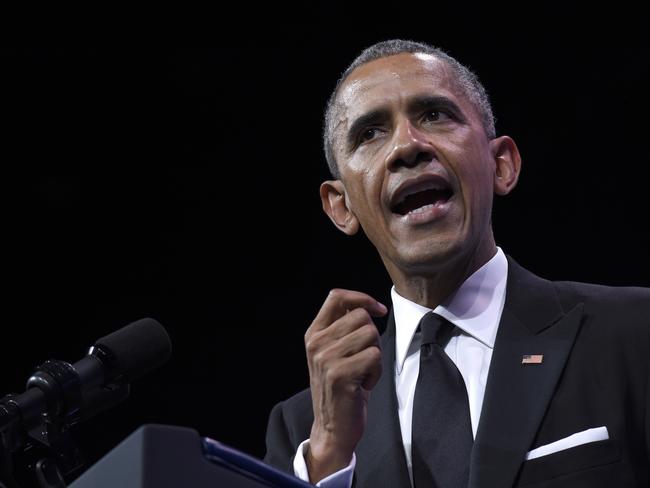
In a recent statement the Nigerian army said it was closing in on the militants and warned them of serious consequences should they fail to surrender.
“They should follow their colleagues who have so far surrendered. Failure to surrender will result in serious consequences as our troops are fast closing up on them,” army spokesman Colonel Sani Usman said in a statement.
“We wish to inform them that we are aware of all their hideouts, camps and enclaves,” said the statement.
The military has claimed hundreds of militants have already surrendered, a fact Boko Haram denies.
The military has also said that security agencies are still working to secure the release of the Chibok school girls and other citizens held hostage by the Islamists.
“The search for abducted Chibok school girls and the rescue of other Nigerians in hostage has never relapsed...” military spokesman Colonel Rabe Abubakar said in a statement.
“The military has and will continue to sustain the operation until the entire northeast is cleared of all terrorists and miscreants,” he added.
But the group is not going to give up easily. As Adeleye fears, “as this group nears extinction more desperate measures are to be expected from them. Suicide bombing and spectacular bombings of soft targets are to be expected”.
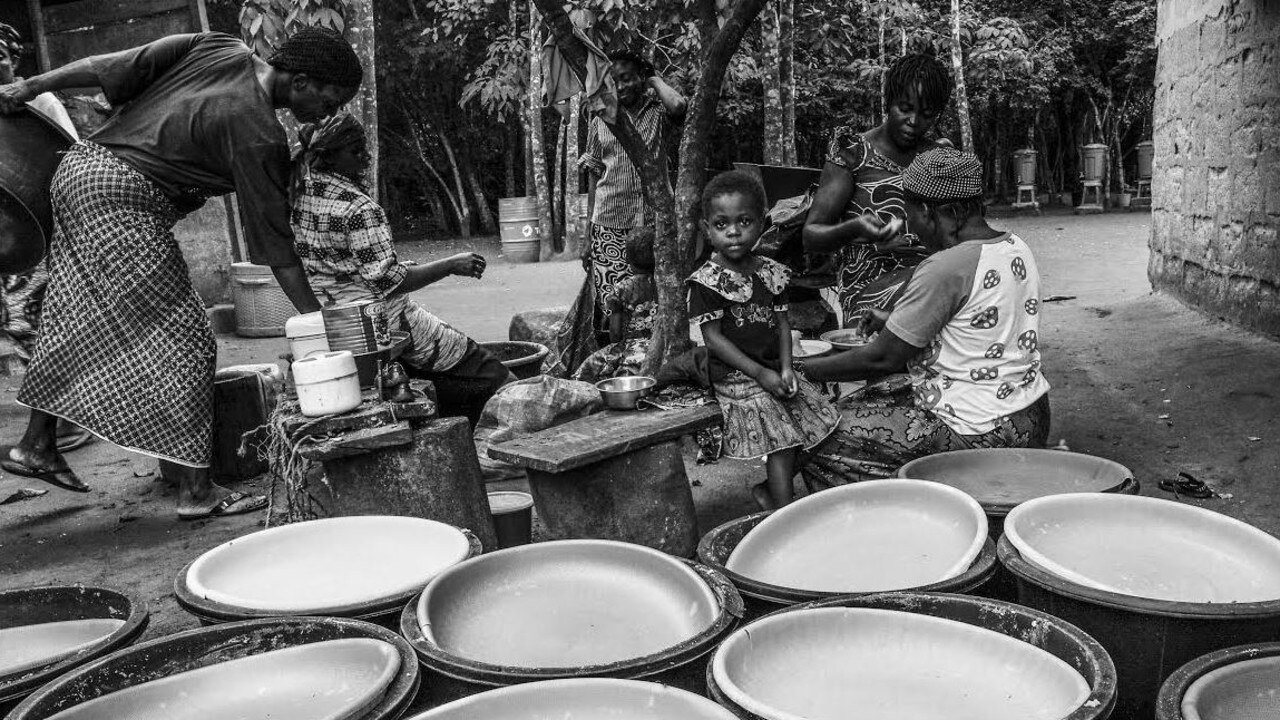
The future of Nigeria
There’s more to defeating this group them simply capturing the militants and taking back ground.
The government needs to deal with the underlying issues that have led people to join Boko Haram, Dr Mickler said.
“Those issues are going to be a much longer process of finding jobs for people in the North, providing them with opportunities and education,” he said.
“These are the kind of long term strategies that the government will need to develop if it wants to stop a re-emergence of this kind of group in the future.”
Nazemi said Nigerians are hopeful for what the future may hold.
“The Nigerians are filled with anticipation for change and like any citizen are hoping to live in a prosperous and secure environment,” she said.
“Those affected by violence try their best to get back on their feet and live a normal life, to cultivate, to normalise. It is not an easy task of course, and a journey that takes a long time to finish but there is a beautiful resilience in the manner and the attitude of those affected by violence, be it in the north east or the south of the country.”
You can also listen to Dorsa on iTunes, Stitcher, TuneIn, Soundcloud or the Red Cross website.

Here’s what you can expect with today’s Parramatta weather
As winter sets in what can locals expect today? We have the latest word from the Weather Bureau.
Here’s what you can expect with tomorrow’s Parramatta weather
As winter sets in what can locals expect tomorrow? We have the latest word from the Weather Bureau.